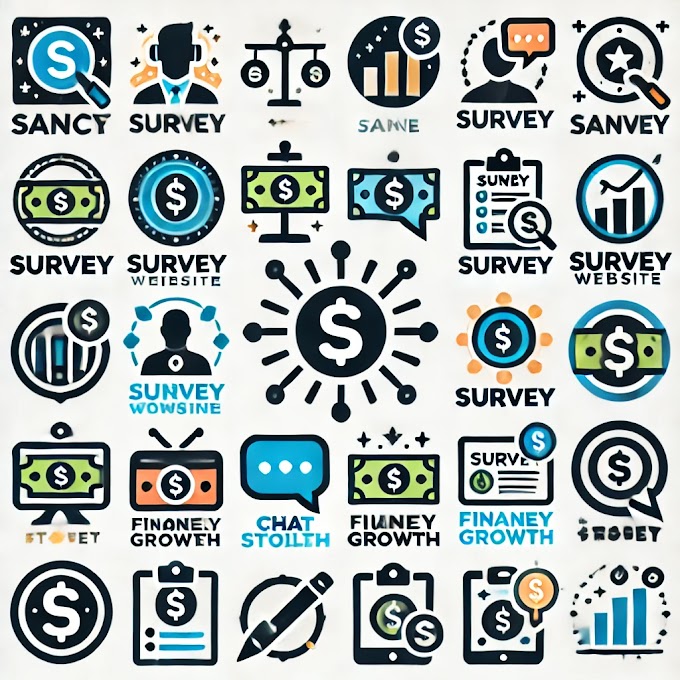Artificial Intelligence (AI) has revolutionized industries across the globe, providing automation, efficiency, and data-driven insights. However, despite its many advantages, AI also comes with several disadvantages that need to be addressed for responsible and effective use. Below, we explore some major drawbacks of using AI and the strategies to overcome them.
1. High Implementation Costs
Disadvantage: AI systems can be expensive to develop, implement, and maintain. Small businesses often struggle with the high financial barrier to entry, which can limit AI adoption.
Solution: Companies can mitigate these costs by starting with scalable AI solutions and opting for AI-as-a-Service platforms that provide pre-built models and tools without requiring massive upfront investments.
2. Lack of Transparency and Explainability
Disadvantage: AI algorithms, especially deep learning models, often operate as "black boxes," making it difficult to understand how decisions are made. This lack of explainability can lead to mistrust and ethical concerns.
Solution: Promoting the use of Explainable AI (XAI) tools can help make AI decision-making more transparent. Developers should focus on creating models with interpretable outputs and providing comprehensive documentation.
3. Job Displacement
Disadvantage: AI-powered automation can lead to job displacement, particularly in repetitive and manual labor industries. This can create economic disparities and social challenges.
Solution: To address job displacement, governments and businesses should invest in reskilling and upskilling programs to help the workforce adapt to AI-driven job roles. Emphasizing human-AI collaboration can also create new employment opportunities.
4. Bias and Discrimination
Disadvantage: AI systems can inherit biases from the data they are trained on, leading to discriminatory outcomes, especially in areas like hiring, lending, and law enforcement.
Solution: Implementing strict data auditing and bias detection frameworks can help mitigate bias in AI models. Diverse data sets and regular bias assessments should be incorporated during the development phase.
5. Security Risks
Disadvantage: AI systems can be vulnerable to cyberattacks, such as data poisoning and adversarial attacks, which can manipulate AI behavior or compromise sensitive data.
Solution: Adopting AI security practices, including regular security audits, encryption, and multi-factor authentication, can enhance the protection of AI systems against cyber threats.



0 Comments